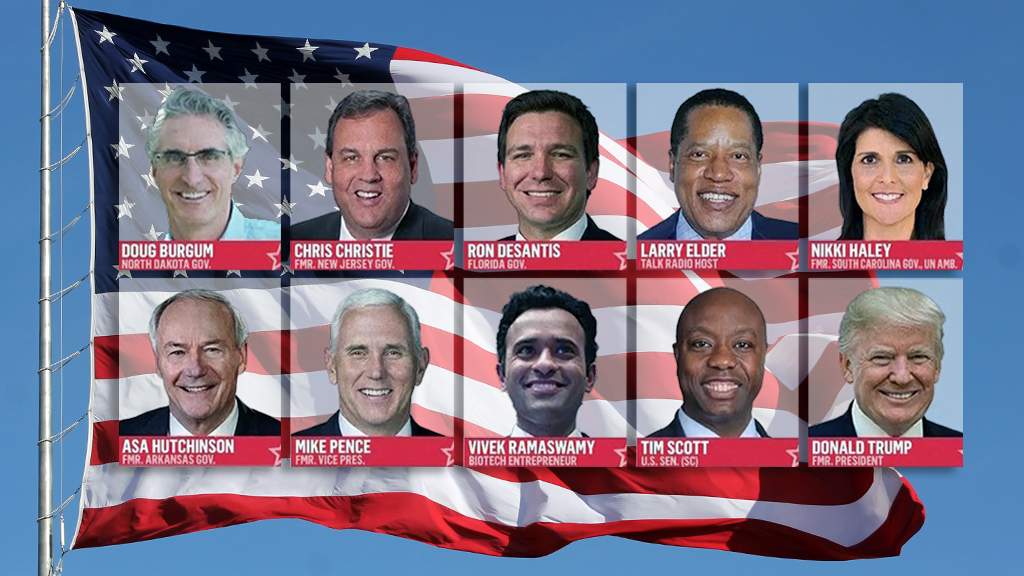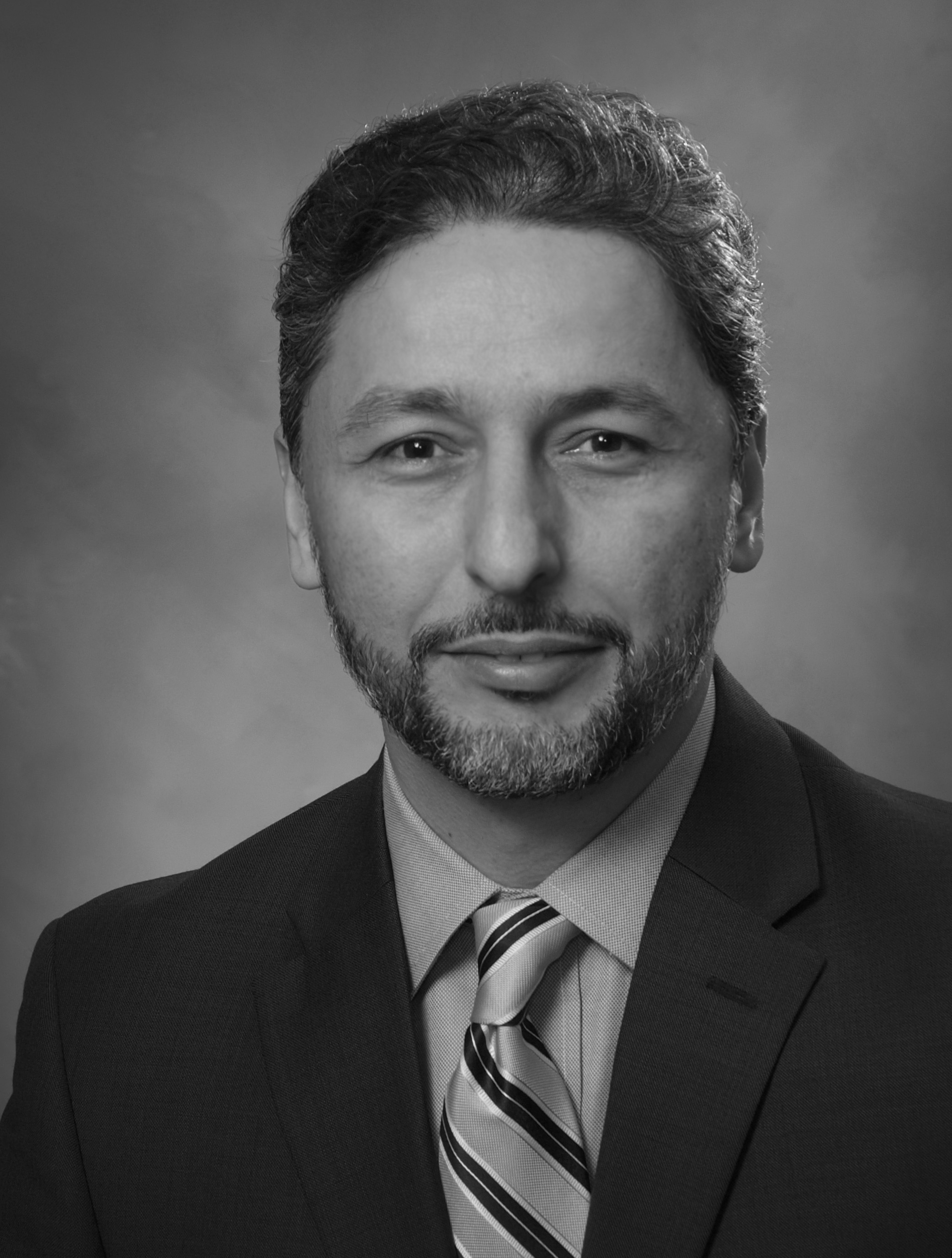The American presidential elections are famous for their long and extensive primary process, which takes about one and a half years to complete. During this period, candidates participate in televised debates to present themselves to the public, and after four to five months, different states select their candidates in the primaries. In the 2024 presidential campaign, the Republican Party will hold its first debate in August 2023, followed by debates in September and October. The primary process will begin in January 2024, with Iowa being the first state to hold primaries, and by the end of March, the candidate will likely be determined. The competition between the two parties’ candidates will continue until the November 2024 elections, ultimately deciding the next president. Considering the current balance, it is highly likely that Trump and Biden will face each other again in the November 2024 elections.
The advantage of such a long primary process is that candidates have enough time to convince the public and raise funds for their campaigns. However, the disadvantage is that relatively small states like Iowa, which are early in the primary schedule, can have a significant impact on the candidates’ fate. Nevertheless, it is crucial for candidates to perform well even in smaller states, as the final candidate must have support across all states and a good chance against the opposing party’s candidate in swing states. During this process, the candidates’ fundraising efforts and their performance in polls are essential indicators, and their performance in debates can suddenly change their fate.
Looking at the current situation, it would not be surprising if former President Trump emerges victorious from this process and is chosen as the Republican candidate again. Public opinion polls show that Trump has around 51% support within the party. His closest competitor, DeSantis, has about 18% support. Considering that Trump’s support had dropped to 43% and DeSantis reached 31% by the end of March, it seems that the lawsuits filed against Trump worked in his favor. In late March, Trump became the subject of a criminal indictment for the first time in a lawsuit for fraud in New York. The subsequent lawsuits and ongoing investigations have increased Trump’s support within the party while weakening DeSantis’s position.
The lawsuits filed against Trump seem to have effectively increased his support among his Trump-supporting base, who are inclined towards conspiracy theories. The main factor that revitalizes this base is their belief in an establishment plot against Trump. The decrease in support for candidates like DeSantis, who aligns with Trump on many aspects but is positioned to the right of him, demonstrates that Trump’s brand still holds its place within the party despite legal issues. The multitude of candidates declaring their candidacy also benefits Trump by dividing the opposition that wants to continue without him.
Trump’s already significant lead over his closest rival by 35% might result in him skipping the first debate in August. Trump is reluctant to engage with candidates who have around 1% support to increase their visibility, but he also doesn’t want to give the impression of being afraid to participate in the debate. According to the Republican Party’s criteria, candidates must gather donations from 40,000 different voters and have at least 1% support in polls to qualify for the first debate. Even Trump’s former Vice President Pence struggled to meet these criteria, indicating how advantageous Trump’s position is.
Despite Trump’s favorable position, it is still possible for other candidates like Tim Scott to rise in prominence during the process or for DeSantis to make a comeback. The fact that names like Chris Christie don’t hesitate to direct harsh criticism directly at Trump may also limit Trump’s space. Although having multiple candidates outside of Trump should be an advantage in normal circumstances, in the current situation, it signals a lack of vision for the party’s future. These candidates avoiding direct opposition to Trump and even entertaining conspiracy theories about the lawsuits appear to be political moves to save the day.
It is difficult to say that there is a concrete alternative presented to those who want to leave Trump behind and advocate for the party to reach different voter groups. In the upcoming campaign period, ideological candidates like DeSantis, who practice “Trumpism against Trump,” will need to make significant changes to their political platforms to reach wider audiences. DeSantis, whose flexibility in this regard is questionable, may lose a portion of his current support to candidates like Tim Scott, who are seen as less ideological. The candidates against Trump will also need to effectively use the legal processes against the former president. Other candidates should not shy away from discussing Trump’s weaknesses while offering a new vision for the party. Otherwise, the “Trump despite everything” crowd will have the final say.



